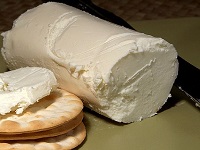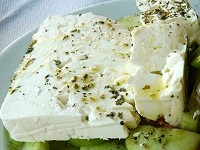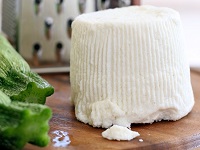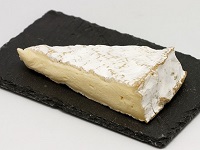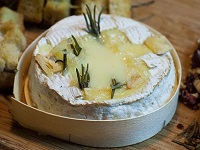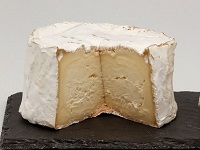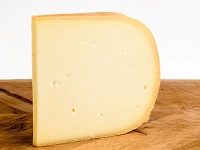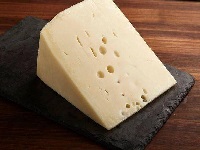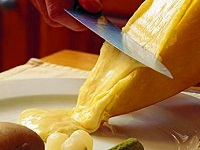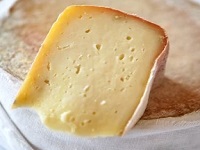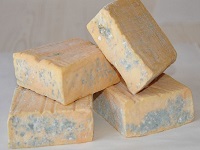Kerner (Germany)
Kerner is a German crossing between red Trollinger and white Riesling.
Kerner Flavors
Kerner has clean aromas of White and Tropical Fruit, delicate Moscat notes, with hints of Red Currants, Acasia Flowers, Herbs, and Rocky Minerals.
Citrus |
Pear |
Peach |
Mango |
Currants |
Flowers |
Herbs |
Minerals |
Kerner Profile
Compared to Riesling, Kerner has milder acidity and more body:
| SUGAR: | Dry (3 g/l) |
| BODY: | Medium |
| FRUIT: | Medium |
| ACIDITY: | Medium - High |
| ALCOHOL: | 12-13% ABV |
| Serving temperature: 10-12°C (50-54°F) | |
Kerner Food Pairing
Kerner is an all-round wine, but pairs best with light dishes and vegetables. It is alo an ideal aperitif.
Aperitif |
Antipasti |
Vegetables |
Pasta |
Fish |
Chicken |
Turkey |
Soft Cheese |
Excellent Pairings
Fish. Seafood Pasta.
Light Poltry. Chicken. Turkey.
Light White Meat. Veal. Pork.
Grilled Poltry. Grilled White Meat.
Spicy Asian. Thai Green Curry.
Chinese. Sweet and Sour.
Cheeses
Soft Cheese.
Cheese Soufflé.
German Specialities
Onion Tart.
Grilled Garlic Chicken.
The Ideal Glass for Kerner
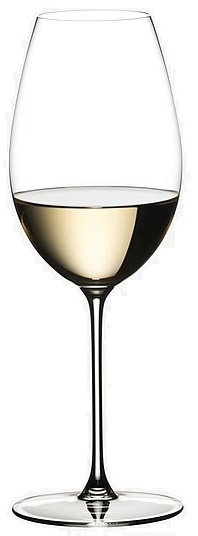
|
The Sauvignon Blanc glass is smaller than a Chardonnay glass.
It has a more narrow bowl to concentrate the crisp and citrusy aromas of a zesty and fruity white wine. |
Kerner Cheese Pairing
Kerner is known for its crisp and fruity profile. It pairs well with a variety of cheeses.
Opt for cheeses with moderate saltiness and creaminess to balance the Kerner's acidity.
Add fruits (grapes, apples, pears), nuts (almonds, walnuts), or a light drizzle of honey to enhance the pairing.
Fresh and Mild Cheeses
Goat Cheese (Chèvre): The tanginess complements the subtle fruit notes in Kerner.
Feta: Its delicate flavor pairs well with the wine's lightness.
Ricotta: Especially good if served with a drizzle of honey or fresh fruits.
Soft Cheeses
Brie: The creamy texture and mild flavor work beautifully with Kerner.
Camembert: Similar to Brie but with slightly more earthiness.
Chaource: Soft with a bitter nutshell flavor. A little on the salty side.
Semi-Hard Cheeses
Gruyère: Mildly nutty and sweet, enhancing the wine's subtlety.
Manchego: A classic Spanish pairing, especially younger Manchego, which is less intense.
Asiago: Lightly aged Asiago adds a complementary tang to the cheese.
Blue Cheeses (for contrast)
Robiola has a delicate, tangy flavor that pairs well fresh and light wines with good acidity.
If You Like Kerner
You May Also Like:
About Kerner
The Kerner grape was bred in 1929 by August Herold, when he crossed red Trollinger (aka Schiava) with white Riesling.
In Germany, Kerner is often used in blends. It is mostly planted in Pfalz, Rheinhessen, Mosel, and Württemberg. It is also widely planted in Italy (Alto Adige), Austria, and Switzerland.
